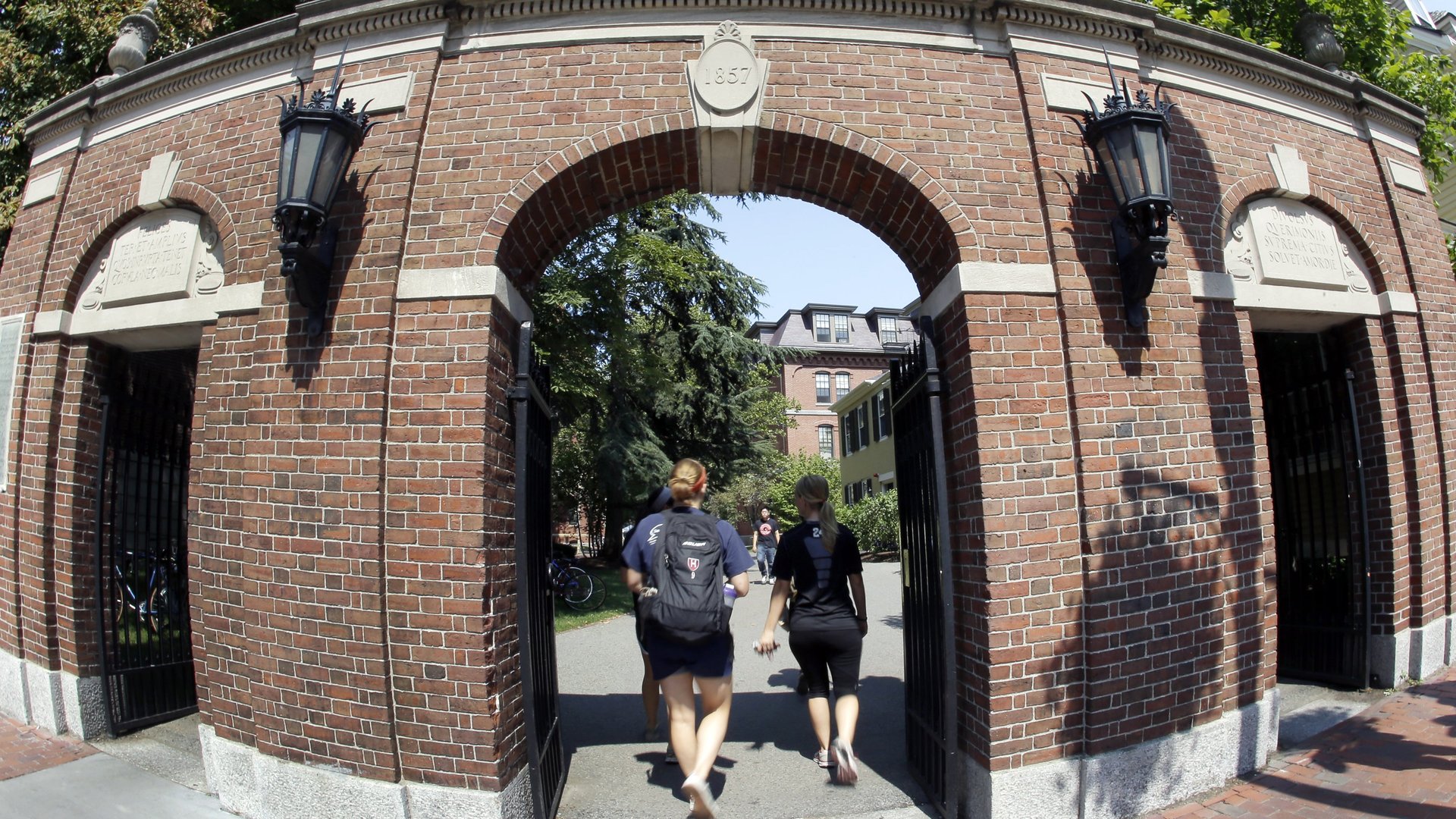Harvard will just be “a dating service” when robots rule the US
The FT’s Edward Luce penned a piece opining on what the inevitable conflict between the US economy and Skynet will mean for working stiffs across the globe’s biggest economy. But in an interesting aside he spotlights how technology is already turning the world of US higher education upside down:


The FT’s Edward Luce penned a piece opining on what the inevitable conflict between the US economy and Skynet will mean for working stiffs across the globe’s biggest economy. But in an interesting aside he spotlights how technology is already turning the world of US higher education upside down:
The effects of technology are only just beginning to be felt in education and healthcare – the two most labour-intensive areas of the US economy that both suffer from productivity stagnation. Online education is beginning to spread. It is also meeting resistance. “The reactionaries in the faculties will eventually be grandfathered out,” says Tyler Cowen, co-founder of the Marginal Revolution University, which has pioneered free online learning in economics and other subjects. “We’ll still need Harvard as a dating service,” he jokes. “But the mid-level private universities do not know what is about to hit them.”
Not everyone agrees, of course. Recently Quartz contributor Todd Tauber noted that fewer than 4% of the 154,000 students who took the first Massive Open Online Course (MOOC) course offered by the Massachusetts Institute of Technology passed the final.
In simple terms, the online courses, or MOOCs, dramatically increase the supply of education. But they have, at best, a marginal impact on demand, revenues, or costs (the schools still have to spend money to produce the required videos and other materials). And although it’s still early days, they have so far had a questionable impact on the value of education.